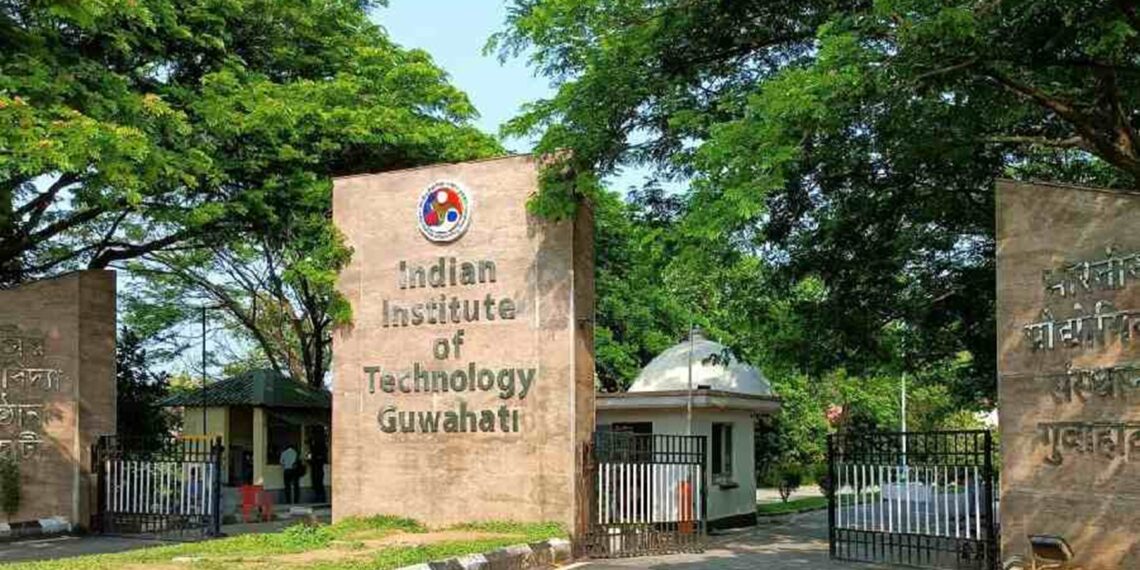New Delhi: Researchers at the Indian Institute of Technology (IIT) Guwahati have developed a scalable microalgal biorefinery model capable of converting wastewater into green fuel and clean water.
The innovative system integrates large-scale photobioreactors, advanced thermochemical conversion techniques, and principles of green chemistry to simultaneously treat domestic and industrial wastewater while producing renewable biofuels.
This project is a significant step toward achieving a circular bioeconomy.
Led by Professor Kaustubha Mohanty from the Department of Chemical Engineering, the research team successfully identified and genetically sequenced over 10 native strains of microalgae.
These strains have demonstrated the ability to remove up to 85% of pollutants from wastewater.
“To make the process both efficient and cost-effective, we constructed large-scale photobioreactors optimized for algal growth,” said Prof. Mohanty.
“We also engineered a waste-to-energy system that processes both the harvested algae and sewage sludge to generate biocrude oil—a renewable alternative to petroleum-based fuels.”
Describing it as a “proof-of-concept,” Prof. Mohanty emphasized the dual benefit of the system: wastewater bioremediation and clean energy production.
He added that the team has also developed processes to recycle and repurpose all by-products—solid and liquid—generated during the biorefinery operations, transforming them into value-added products like biofuels. Plans are now underway to scale up the project for broader implementation.
Sanjeev Mishra, a former PhD scholar at IIT Guwahati and currently a scientist at the Sardar Swaran Singh National Institute of Bio-Energy (SSS-NIBE), Kapurthala, highlighted the urgency of addressing the dual challenges of wastewater management and energy security in rapidly urbanizing regions.
“With urban growth comes increasing volumes of domestic sewage contaminated by a range of organic and inorganic pollutants,” Mishra explained.
“Our integrated approach offers a sustainable and eco-friendly solution, using microalgae to purify wastewater while simultaneously generating biofuel through an algal biorefinery.”
The research, published in the journal Energy Conversion and Management, reported impressive outputs, including a 40% yield of biocrude composed of components like petrol, diesel, kerosene, and industrial fuels.
ALSO READ: Tripura secures 7th rank in National Panchayat Devolution Index
The researchers also developed techniques to utilize residual solids and liquids, converting them into valuable co-products such as biodiesel and hydrochar.
Based on scaled-up projections using one million litres of domestic sewage, the system can produce approximately 2,400 kg of algal biomass and 622 kg of sludge, yielding around 99 kg of petrol, 266 kg of diesel, and 234 kg of kerosene.















